Mental Health Hotline Articles
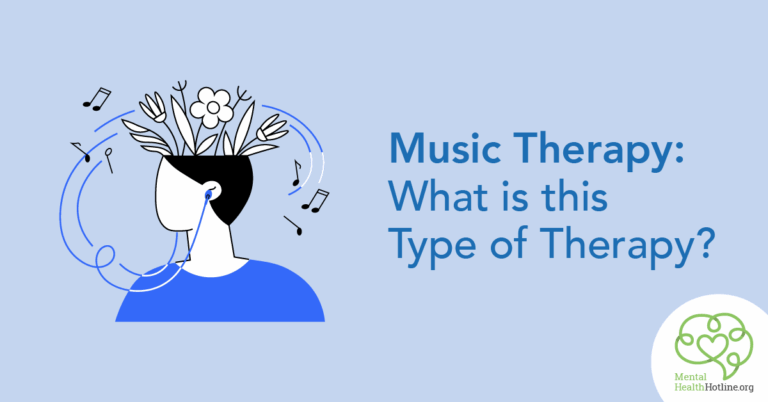
Music Therapy: What to Know About this Therapy
Music is more than entertainment. It can move us emotionally, stir memories and bring people together. For many, music also

Main Character Syndrome: When Self-Perception Impacts Mental Health
We all want to feel important; it’s part of being human. But what happens when someone views themselves as the

12 Traits of a Narcissist
Recognizing narcissistic behavior isn’t always straightforward. Popular culture often portrays narcissists as overly confident or vain, but narcissism is much
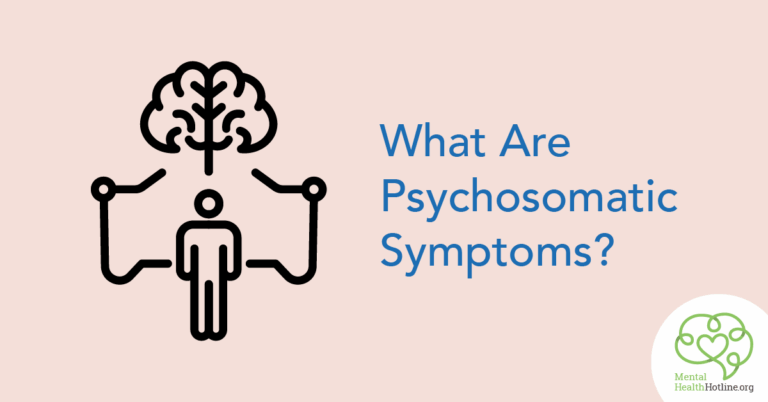
What are Psychosomatic Symptoms
Can your brain create physical symptoms? Yes, it can. Learn what psychosomatic symptoms are and what you can do if
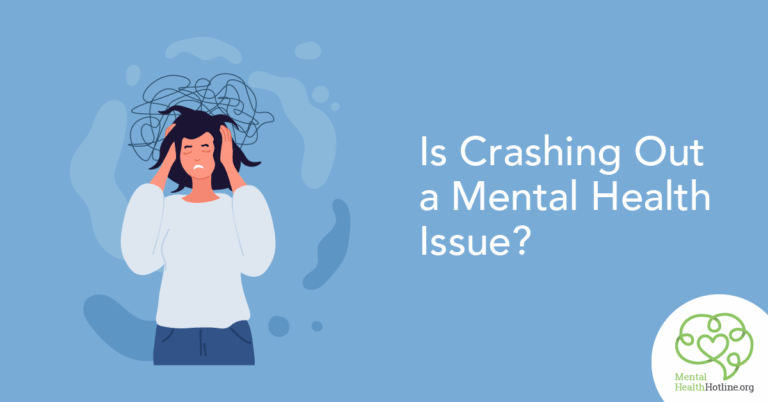
Is Crashing Out a Mental Health Issue?
The term “crashing out” is often used casually to describe collapsing into sleep from sheer exhaustion or emotionally shutting down
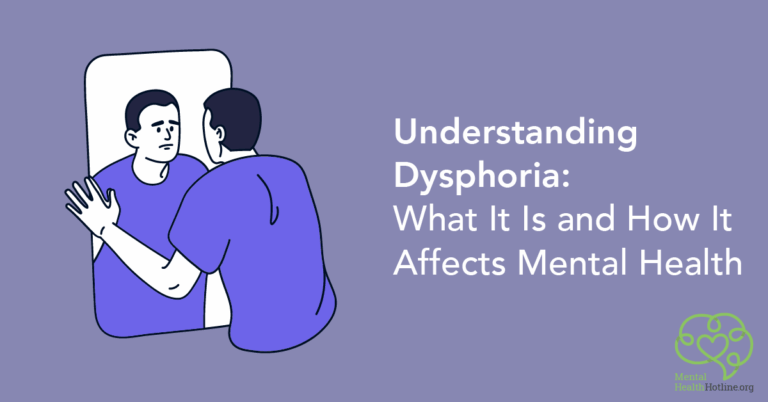
Understanding Dysphoria: What It Is and How It Affects Mental Health
Dysphoria is a term you may have heard in mental health discussions, especially in connection with mood disorders or gender
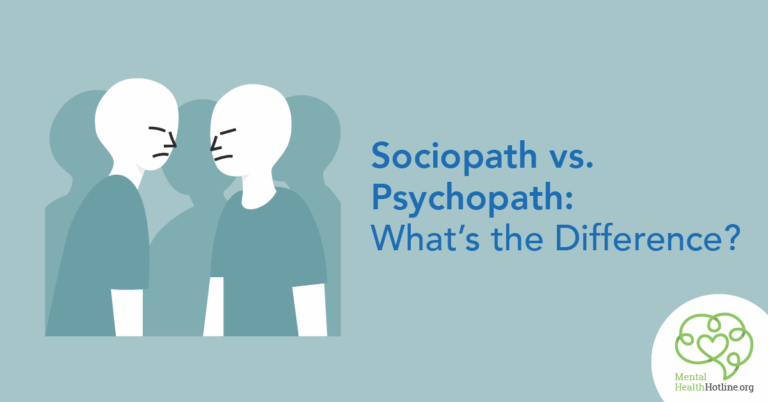
Sociopath vs. Psychopath: What’s the Difference?
The terms “sociopath” and “psychopath” are often used interchangeably in media, true crime and everyday conversation. While both refer to
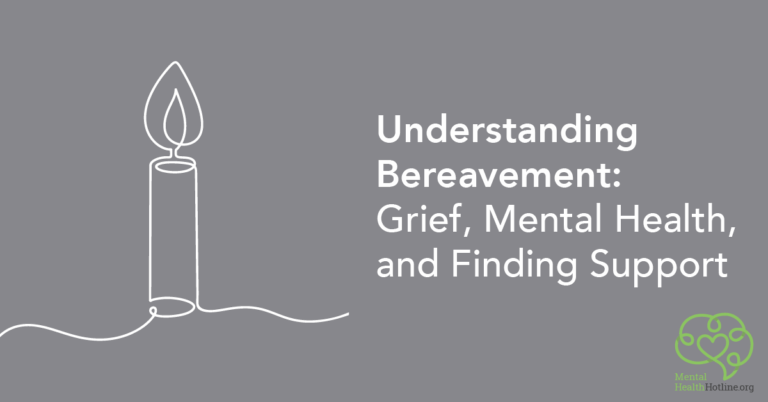
Understanding Bereavement: Grief, Mental Health, and Finding Support
Losing someone you love is one of life’s most difficult experiences. While grief is a natural reaction to loss, the
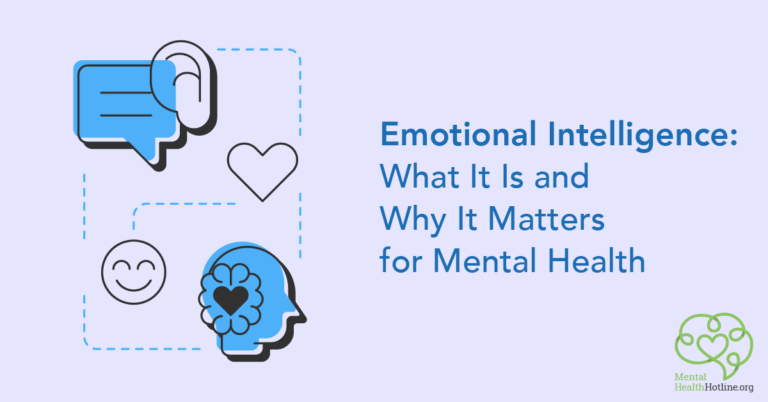
Emotional Intelligence: What It Is and Why It Matters for Mental Health
Emotional intelligence is defined as the ability to identify, understand and manage your own emotions while also recognizing and influencing